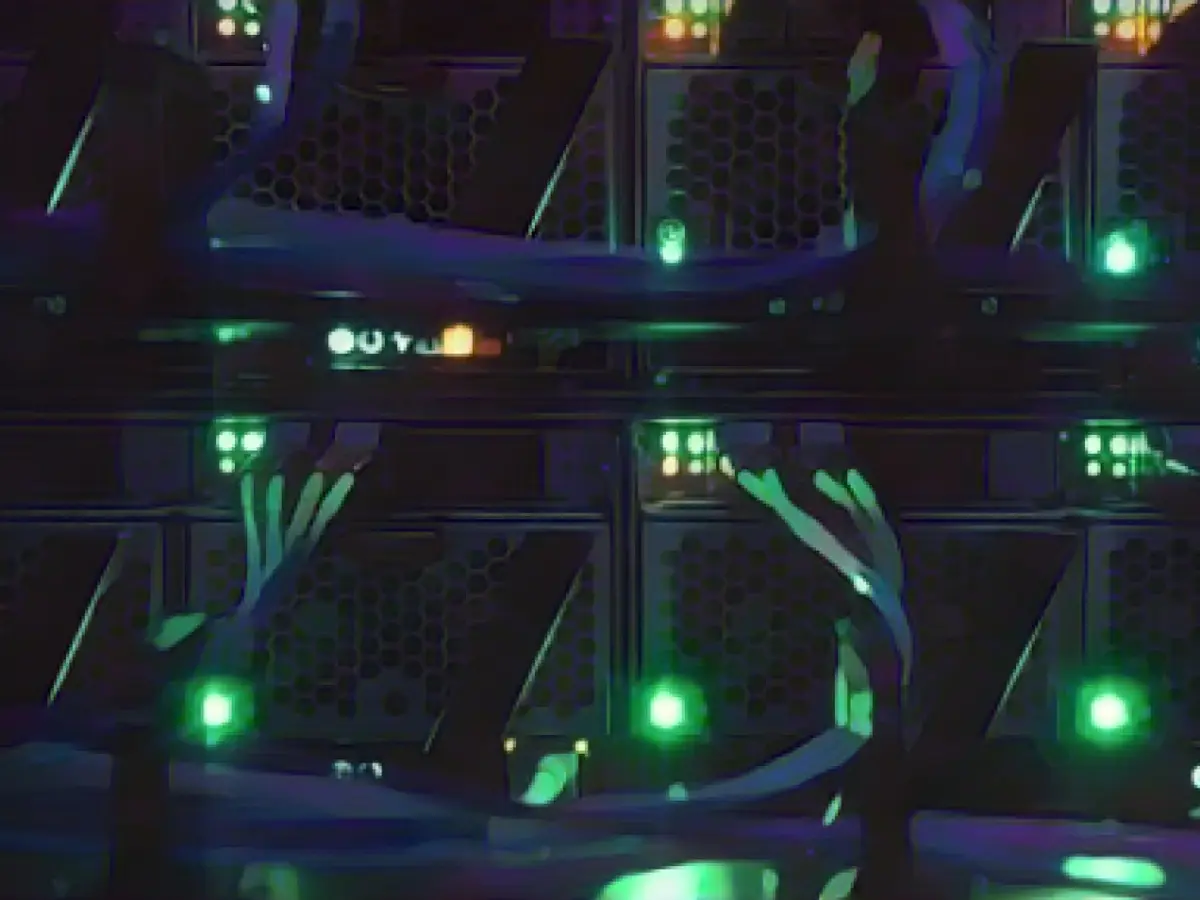Federal Government's IT Systems Lag in Eco-Balance: Time for Sustainable Innovation
It's high time for the Federal Government to step up its game when it comes to environmental protection and sustainability in the realm of IT, as revealed in a response to a parliamentary question from the Left Party. The German 'Traffic Light Coalition,' aiming to reduce the eco-balance of the federal government's data centers, finds itself behind the proposed objectives, partly due to lackluster data and a lack of proper information.
From Laggards to Leaders: A Veteran Left-Wing MP's Call to Action
Anke Domscheit-Berg, a left-wing MP, lamented the persistent structural data deficit in the Federal Government, which, according to her, hinders progress towards its sustainability goals. As long as this information gap persists, she argued, it's unrealistic to expect any major strides towards a more eco-friendly IT sector.
Improvement but Not Progress: The Ups and Downs of Renewable Energy Adoption
While 74 out of 118 data centers now utilize renewable energy, accounting for an improvement compared to 2022, only four facilities have witnessed an uptick in the proportion of renewable energy. More to that, a mandatory requirement for data center operators to cover half of their electricity consumption with green energy from January 1, 2024, and aim for a complete shift to 100% renewable electricity by 2027 has been announced.
The Missing Seal of Approval: The Blue Angel Eco-Label's Inconspicuous Role in Federal IT
The Federal Government's answers on sustainability reveal a scant role for the Blue Angel eco-label, which is intended to label environmentally friendly products and services from the German government. Apparently, only two data centers now possess the certified seal, which has been around for over four decades, but only according to the old assessment method.
The Waste Heat Challenge: A Setback for Sustainable IT Practices
A decline in waste heat utilization, a byproduct of server and IT component operations in data centers, has been reported. The number of facilities utilizing waste heat, which could help minimize carbon emissions, dropped from 14 to 11 out of the total number of data centers.
The Need for Proactive Climate Strategies: Where the Federal Government Should Direct its Focus
With the growing reliance on internet services and data centers, it's crucial for the Federal Government to embrace a more proactive stance on environmental protection and sustainable IT solutions. Encouraging energy-efficient data center design, green energy sourcing, and efficient cooling systems could help minimize the carbon footprint of IT systems and data centers in Germany.
Enrichment Data Insights
Germany, represented by the Federal Government, has a broader environmental policy strategy that includes goals like reducing the consumption of primary raw materials, increasing the use of secondary raw materials, promoting raw material supply security, and avoiding waste. These objectives indirectly support sustainable practices that could be applied to IT systems and data centers, targeting areas like waste management and the promotion of recycled materials. Furthermore, the German Climate Protection Act sets ambitious targets, such as reaching net-zero emissions by 2045, which could contribute to sustainable IT initiatives by requiring effective implementation of climate policies and reducing the carbon footprint of IT systems and data centers.





